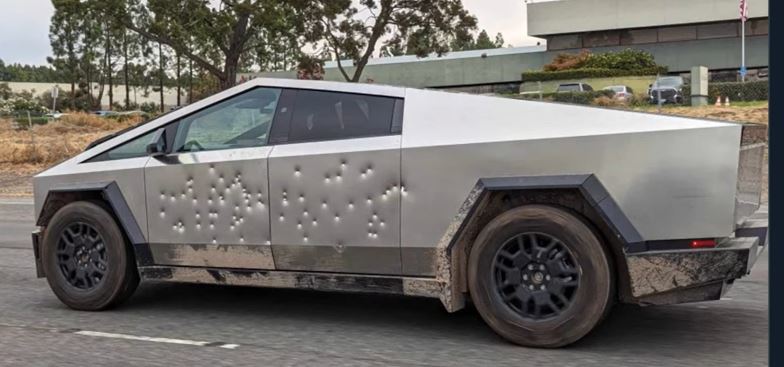If that is the case your friend is mostly interested in time savings then he indeed is not taking all the proper factors into account. Since 95% or more of charging is done at home and said charging takes 30 seconds or less to plug/unplug in the car, added up he is without a doubt wasting more time in a year standing by his car watching the gas pump then he ever will waiting for a charge.
Bigoil has done a great job muddying the waters where EV is concerned. One has to give them credit for doing remarkably well swaying the mathematically impaired and scientifically weak of mind. But in your friends case, the smart dude that considers all the facts, sadly he is overlooking some key facts that are skewing his calculations.
Well, I left a little bit out. BTW I have never met him but we have interacted on a message board for well over a decade now, and we have a thread similar to this one about EVs, so it's something we've all discussed at length... I know he works from home primarily (even pre-COVID), with maybe one trip to the office per week. So I don't think he's necessarily putting tons of non-towing miles on that truck either. I don't know if his annual mileage is necessarily enough to make the cost of fuel or the time spent fueling on the "day to day" driving really that much of an issue. I doubt he's racking up 100 miles a day and filling his tank multiple times per week. Honestly I think if he was, he'd probably buy a BEV or a super-efficient ICEV for daily driving and only use the truck for towing. He's at a point in his career that I'm sure he can afford an extra vehicle if it made economic sense.
He's actually said that a PHEV truck with robust towing capacity would be ideal and he'd be the number 1 target customer for such a vehicle. He could do all of his daily driving on battery and only need the ICE engine for towing. But that animal doesn't exist. And he just can't live with the towing range limitations for a BEV.
You guys keep saying "well if he really thought about it, he'd realize that a BEV is WAY better than his truck!" I trust that he's actually looked at the totality of the situation, and he's the example of the person who a BEV simply doesn't work for because of how he uses his truck.
And I brought him up as an example of probably a bigger set of truck owners. We all think of the truck owners whose vehicles are basically grocery-getters or commuters and rarely do "truck stuff". But there are a bunch of truck owners that do a LOT of "truck stuff" and many of them are using their trucks in a way that just doesn't work well with a BEV.
Which is why I think that prioritizing BEV trucks may have been a bad move for the big automakers. The consumers who want a "truck" rather than a truck already have Rivian. The ones who want to do truck stuff are still buying ICEV.















![Craft A Brew - Safale S-04 Dry Yeast - Fermentis - English Ale Dry Yeast - For English and American Ales and Hard Apple Ciders - Ingredients for Home Brewing - Beer Making Supplies - [1 Pack]](https://m.media-amazon.com/images/I/41fVGNh6JfL._SL500_.jpg)












































